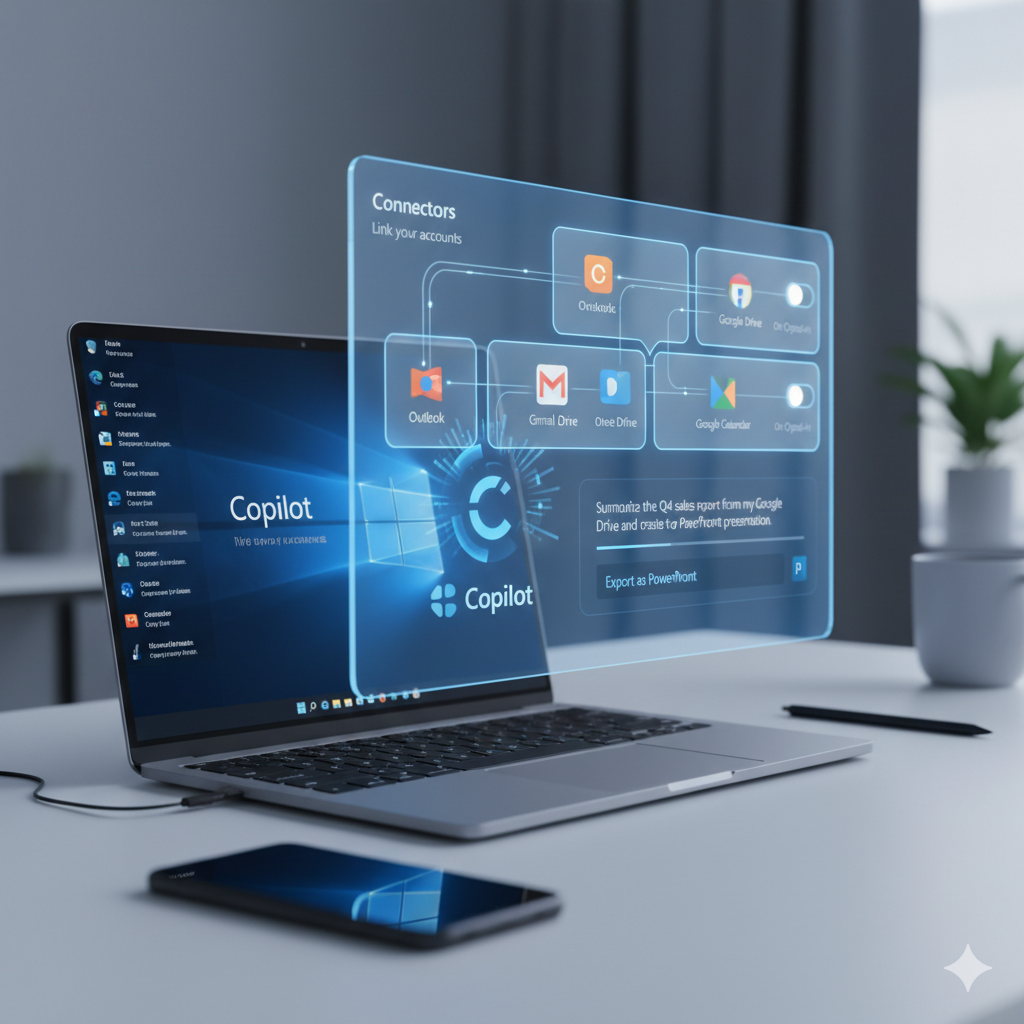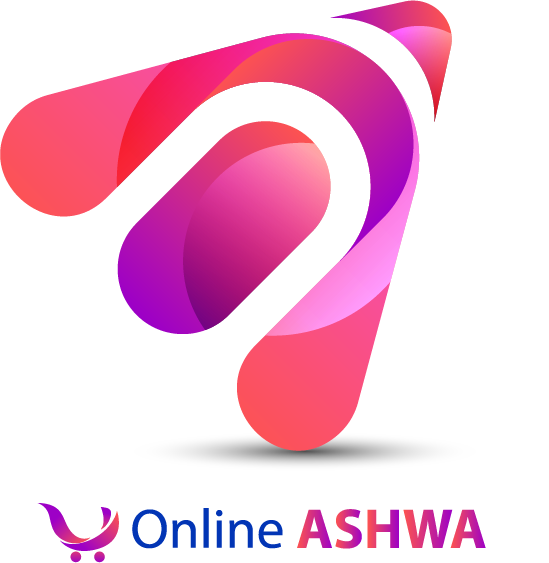
Microsoft’s AI Assistant Bridges Microsoft and Google Ecosystems, Empowering Windows Insiders with Enhanced Search and Workflow Automation
Microsoft is significantly leveling up its AI assistant, Copilot on Windows, with a major update that transforms the tool into a unified personal productivity hub. Rolling out initially to Windows Insiders (specifically those running version 1.25095.161.0 or newer), this update introduces two groundbreaking capabilities: seamless cross-cloud data connection and native document generation, cementing Copilot’s role as the operating system’s indispensable AI layer.
Bridging the Digital Divide: Copilot Connectors
The most transformative aspect of this release is the introduction of Connectors, an optional feature that directly addresses the reality of hybrid digital lives. Recognizing that many users work across both Microsoft and Google services, the Connectors feature allows for a secure, opt-in link between a user’s personal accounts.
Once a user navigates to the Settings → Connectors section within the Copilot Windows app and grants permission, the AI assistant gains the ability to access and reason over content stored in third-party services. Supported third-party platforms include Gmail, Google Drive, Google Calendar, and Google Contacts, alongside Microsoft’s own Outlook and OneDrive.
This integration means users no longer need to manually hop between applications to find information. Instead, they can use natural language to ask Copilot to search, summarize, or retrieve relevant data from their entire digital footprint. For example, a user could ask, “Find the invoice Sarah sent me last week” or “Summarize the school notes from my Google Drive project,” and Copilot will pull the information from the relevant linked account.
Crucially, this cloud integration is designed with privacy in mind. The feature is opt-in only, requiring a deliberate manual setup by the user, ensuring that no account data is accessed without explicit consent. By enabling this seamless interoperation between rival platforms, Microsoft positions Copilot as the central, indispensable agent for managing a user’s scattered digital life.
From Chat to Creation: Instant Document Generation
Beyond improved search, the new Copilot update drastically enhances content creation workflow through its Document Creation and Export capabilities. Users can now instantly convert AI-generated text, notes, or data directly into professional, editable files without ever leaving the Copilot chat window or requiring an external application.
This feature supports the instant generation of Word documents, Excel spreadsheets, PowerPoint presentations, and PDFs. Users simply need to issue a prompt such as, “Export this text to a Word document” or “Create an Excel file from this table based on this data.” Copilot processes the request and handles the file creation automatically behind the scenes, streamlining the transition from idea to polished content.
Furthermore, to simplify exporting longer content, Copilot will now automatically display a dedicated “Export” button for any response exceeding 600 characters. This one-click option allows users to quickly save the AI output into a persistent, editable file format, removing friction and saving valuable time.
Strategic Rollout
Microsoft is utilizing its standard phased deployment for this significant feature set. The Copilot app update (version 1.25095.161.0+) is being delivered gradually through the Microsoft Store to Insiders across all preview channels. This progressive rollout methodology allows the company to gather essential feedback, monitor stability, and make necessary refinements before the features are eventually pushed to the general Windows 11 user base. This strategic enhancement makes Copilot a powerful, cross-platform AI assistant, transforming Windows into a more unified and intelligent productivity environment.
